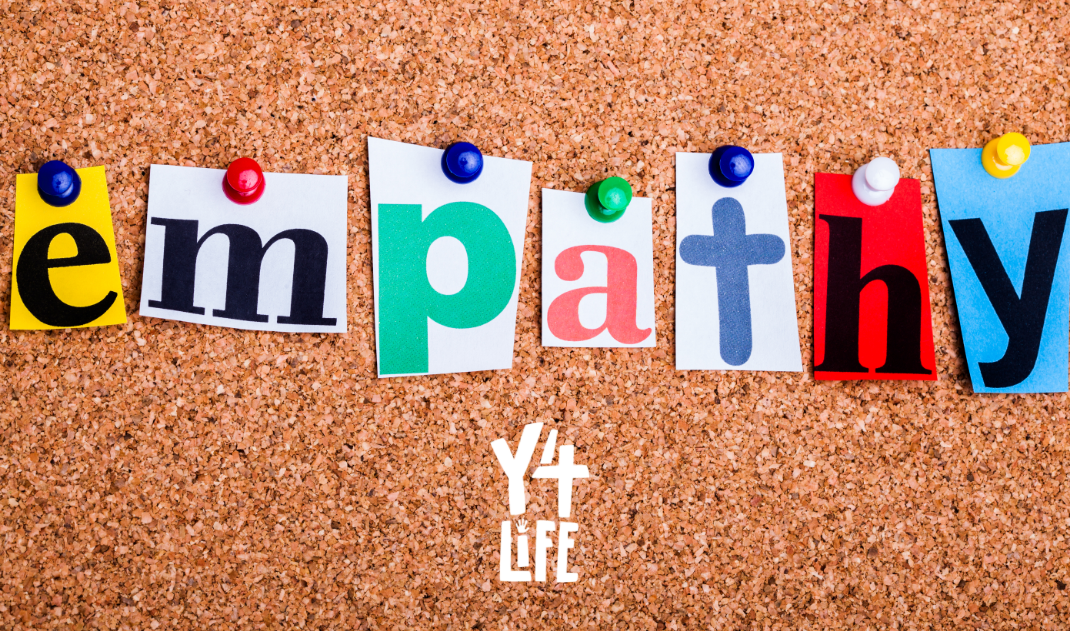
By Jesse Muehler
My freshman year of college, I took one of my foundational education classes required for my major. It was entitled “Teaching in Diverse Classrooms” and was designed to provide us with an overview of how to best serve students from diverse socioeconomic, linguistic, and ethnic backgrounds. The course was taught by one of my favorite professors, and she opened the class in a way that I will never forget. She projected 1 Corinthians 9:19-23 onto the board, emphasizing verses 22-23, which read as follows: “I have become all things to all people, that by all means I might save some. I do it all for the sake of the gospel, that I may share with them in its blessings” (English Standard Version).
Paul writes that he has “become all things to all people.” What could this possibly mean? How can we as Christians become all things when we are called to live according to God’s will? Obviously Paul is not calling us to pursue lives of sin as those around us might live, but, as my professor so eloquently explained, he is showing us the power of empathy and identification for the mission of the Gospel. Christians who are able to empathize and identify with the sin-sick souls they encounter bring the Gospel message in a way that is much more likely to be well-received. In the context of a classroom, teachers can only form a true connection with their students when they understand where the students have come from and when they meet their students where they are in life.
When we look to Scripture, we see that Christ has done the same thing, and He continues to do so. We do not have a distant God, but an intimate one. Christ took on flesh, lived life as a human, and died a painfully human death. Even today He continues to meet us where we are in His Word and Sacrament. Christ, as usual, provides the perfect example for being all things to all people. He met with sinners in their homes and loved even those cast out from society. Paul followed his lead, and it is the Christian’s goal to do the same for the sake of the Gospel.
Now what does all of this have to do with life issues? How can learning about being all things to all people be connected to defending and upholding life? In my role as a co-leader of CUC4Life, the Y4Life Team on the campus of Concordia University Chicago (CUC), I have seen the immense power and impact that this way of thinking has had on our success as a life team. On CUC’s campus, our community is composed of individuals who come from a wide variety of religious, social, and political backgrounds. With this in mind, aggressive approaches to topics like abortion and physician-assisted suicide are not always the best idea. Would we have the support of our administration and university ministry? Absolutely. But at what cost? If we charge into these heated conversations, who will we lose along the way? Perhaps there is a better option. Perhaps there is a way to uphold the God-given value of life that doesn’t cause arguments and strain relationships, but instead rallies our community behind a unifying cause. Perhaps there is an approach that will open doors to relationships which will provide opportunities to share the Gospel and inch our way towards the tougher conversations. Do you see how this all ties together?
For CUC4Life, being all things to all people as Paul discussed means meeting our community where they are and showing them that they are for life whether they know it or not. CUC4Life has focused on topics such as human trafficking and the refugee crisis, not only showing that we value life in all stages, contexts, and circumstances, but also enabling us to reach an audience that would never darken the door of a presentation about abortion. And as we have these conversations about how the human trafficking survivor and the refugee have both been created by God and redeemed by Christ, it becomes easier to show how one’s circumstances should not dictate their right to life. If one finds herself trapped in a human trafficking ring, does she deserve to die because of her circumstances? By no means! Maybe we can show that this truth, the truth of universal human value, applies not just to you and me and the refugee, but to the baby in the womb, the grandmother with health complications, and the person with severe disabilities. Maybe we can stand on common ground and begin to bridge the gaps created by political polarization and misleading euphemisms. Maybe we can take the hands of our would-be opponents and guide them to see the joy of life in all stages, contexts, and circumstances. This is what the “For Life” movement is all about: not taking away “rights” or placing restrictions, but rather showing the joy of life to a world fixated on death. We have the opportunity to share both the gift of life here on earth, as well as eternal life found in Christ!
